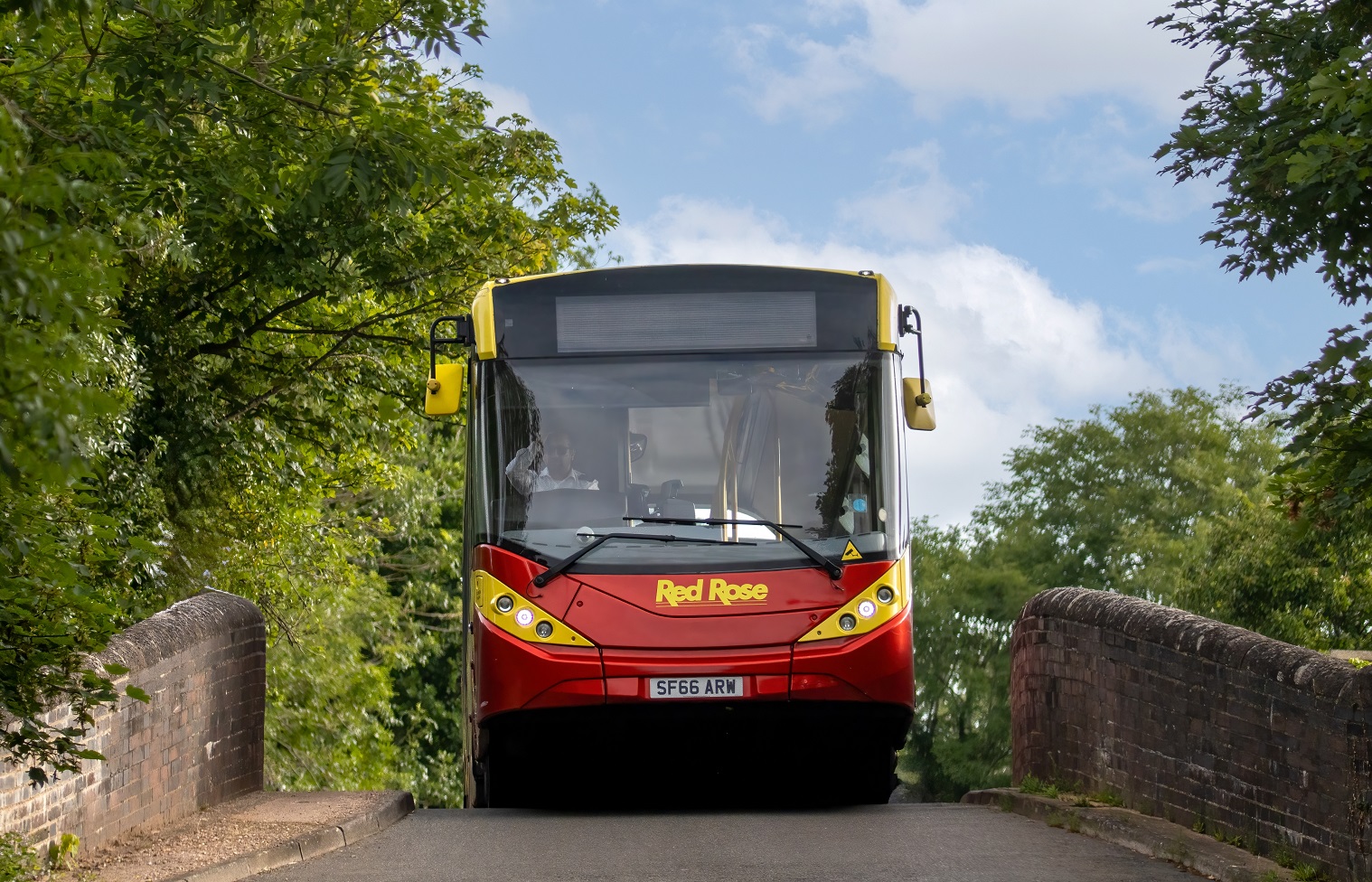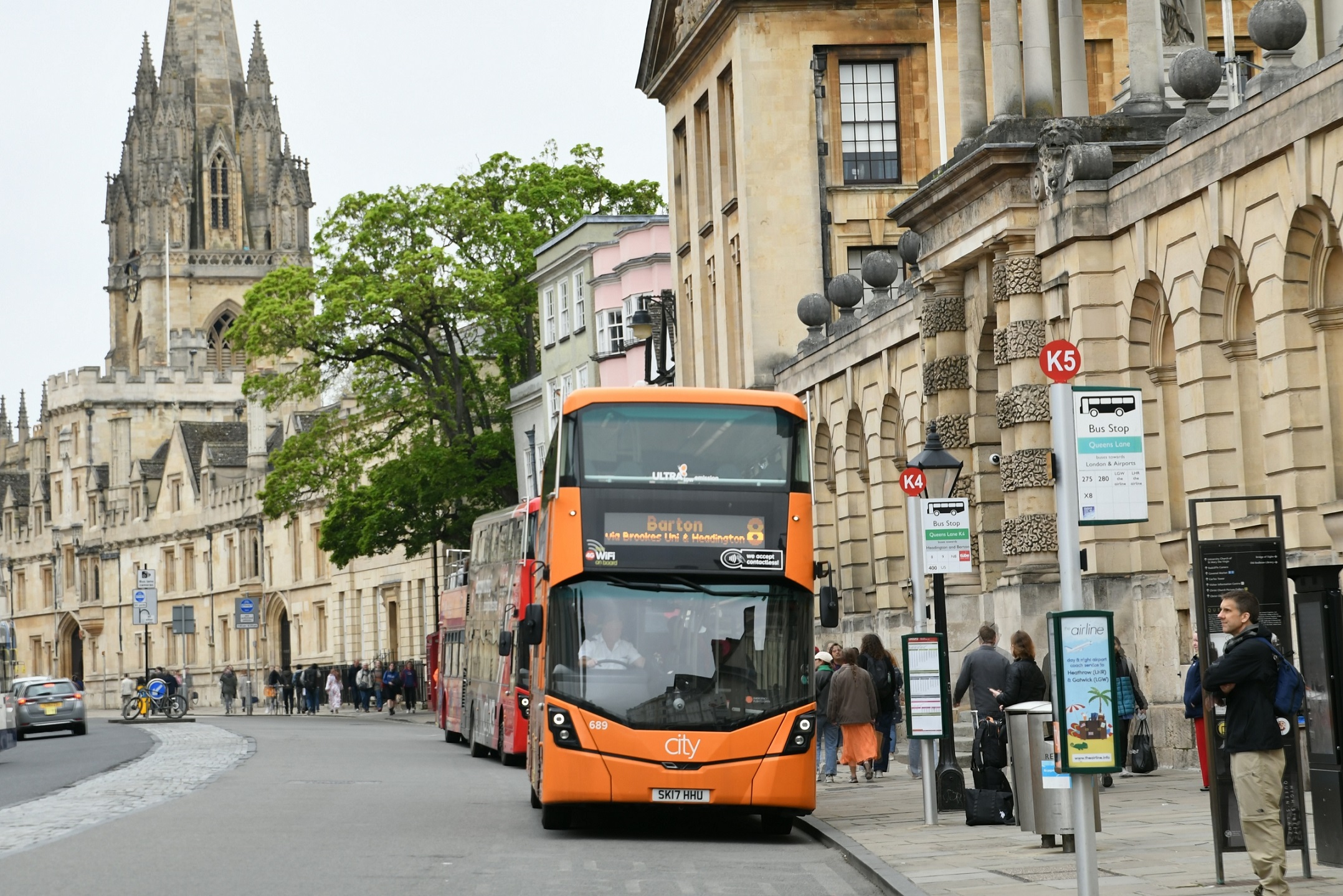Local transport authorities (LTAs) in England must maintain existing bus budgets as a condition of receiving Bus Service Improvement Plan Plus (BSIP Plus) funding, the Department for Transport (DfT) has clarified.
The information is contained is an update of an earlier Q&A release surrounding the mechanism, which was introduced as part of a longer-term DfT support package for bus services in England.
BSIP Plus is split into two tranches. With not all eligible LTAs having received an allocation, DfT also relaxed its rules on spending of earlier Bus Service Improvement Plan money to allow some of that to go on supporting existing services. That was prohibited under the original BSIP structure.
In the updated Q&A’s section on BSIP Plus terms and conditions, DfT states that “the LTA and any travel concession authority within its boundaries must maintain their bus budgets from all sources” and demonstrate that BSIP Plus “is additional to previously agreed council budgets.”
Receipt of any further funding from the same pot via its second round from April 2024 is contingent on the overall LTA bus budget being maintained, the document notes.
Also tackled in the terms and conditions section are situations where concessionary reimbursement has been reduced by an LTA from pre-pandemic levels. In that case, the corresponding money “must be reinvested into other bus measures (e.g. tendered services,” it continues. At the time of the revised document’s publication, comprehensive terms and conditions for BSIP Plus were still under development.
Underlined in the updated document is the position that Bus Service Improvement Plan Plus funding is intended for revenue spending and not capital work. DfT stresses that the mechanism was created to support and protect and enhance services, including the creation of new routes and the introduction of “eye-catching new fares initiatives.”
Nonetheless, as a caveat, the Department will consider authorising the use of BSIP Plus funds on capital schemes “if there is an exceptional case for why [doing so] would provide the best value for money.”



























